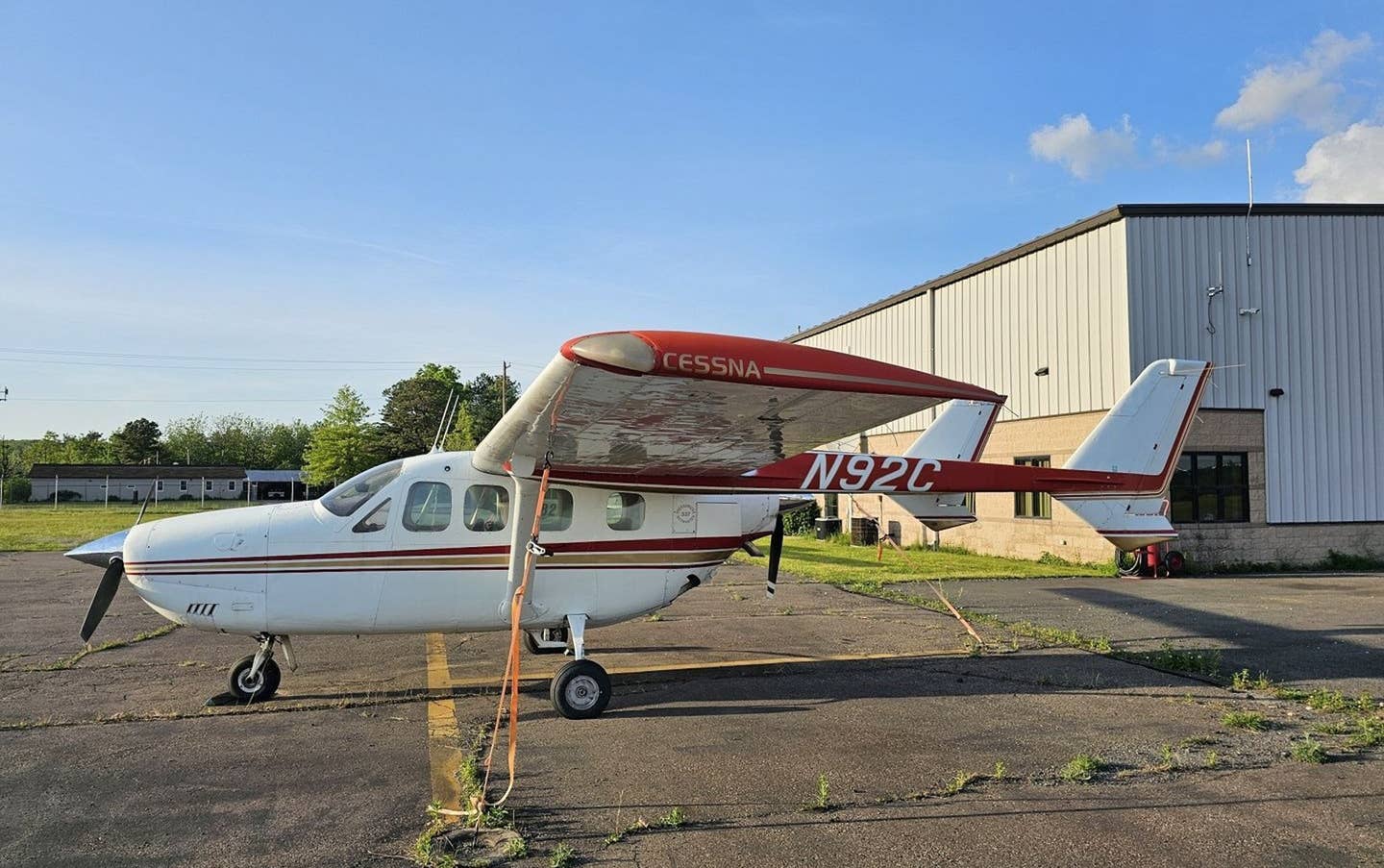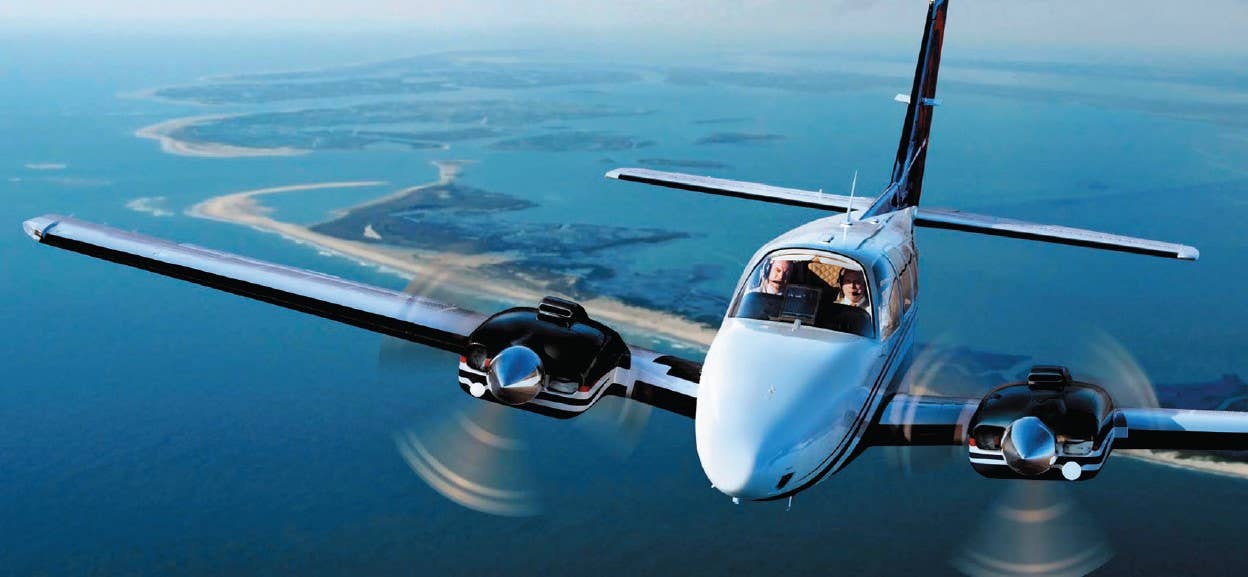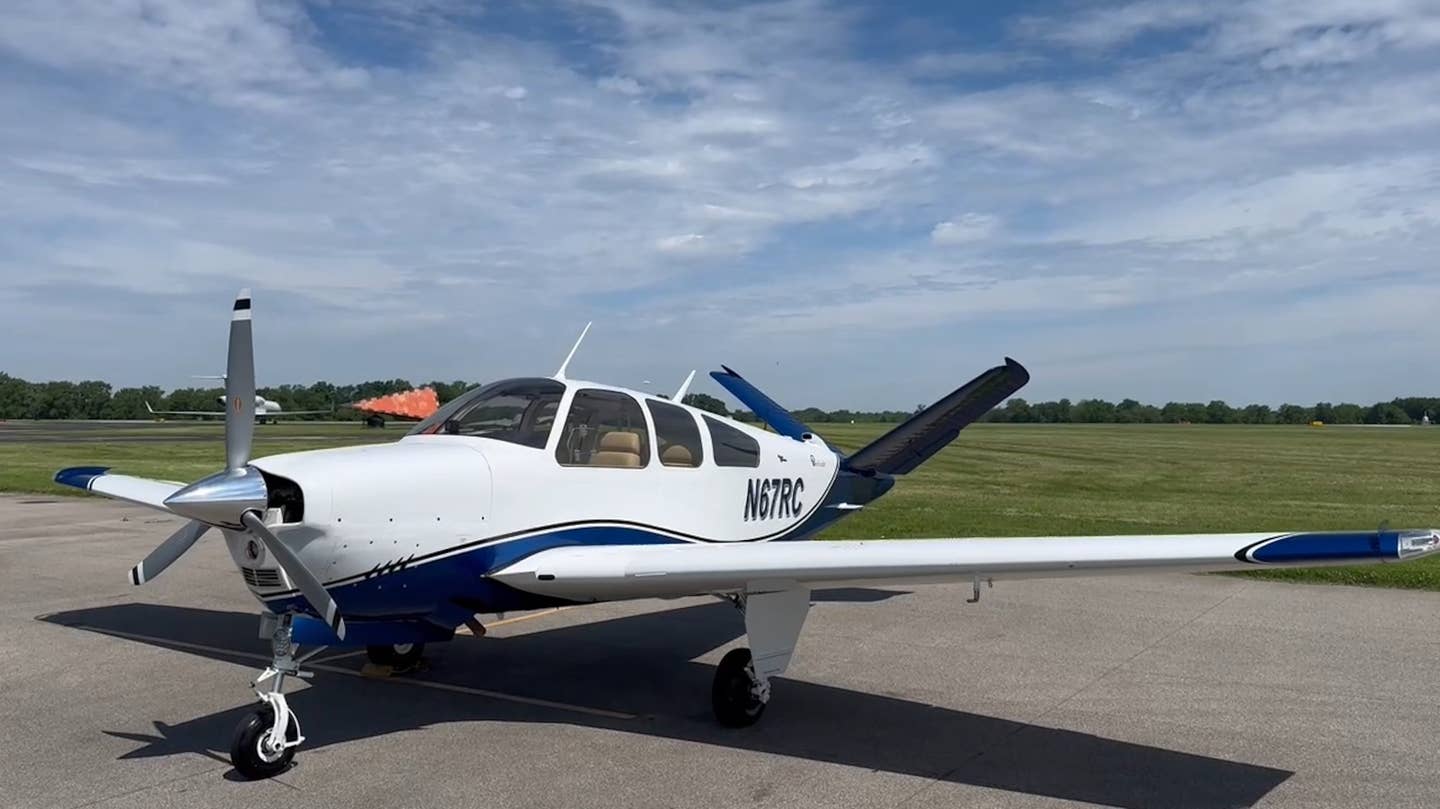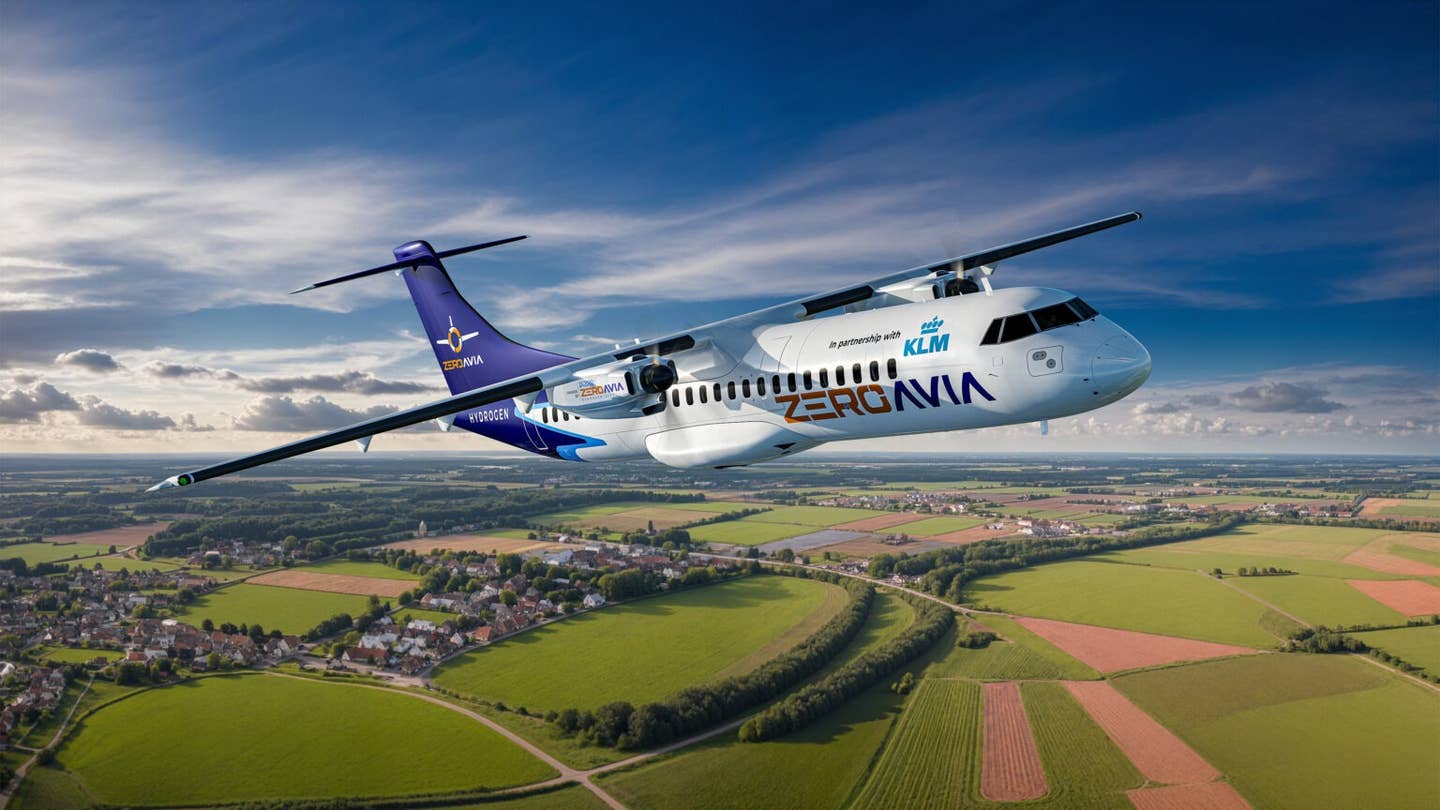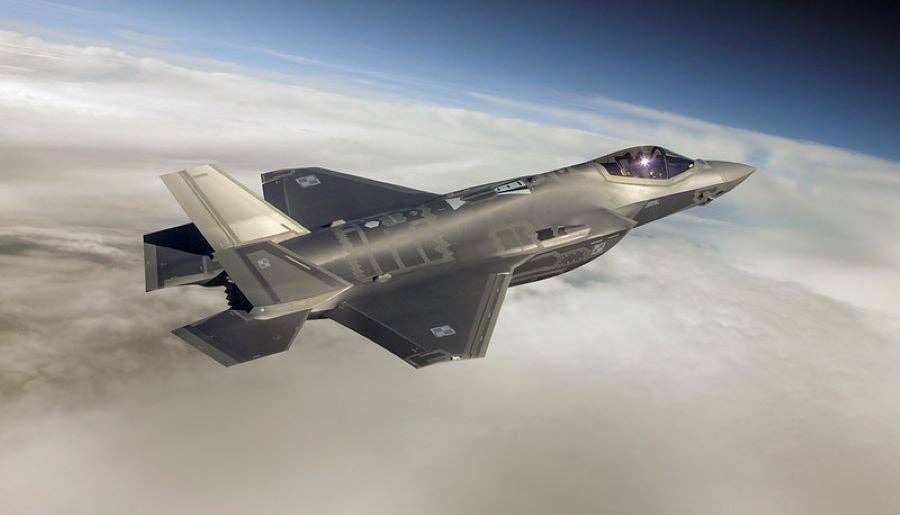Pipistrel Delivers First Electric Aircraft to Canada
The University of Waterloo’s aeronautics program accepts its initial Velis Electro.
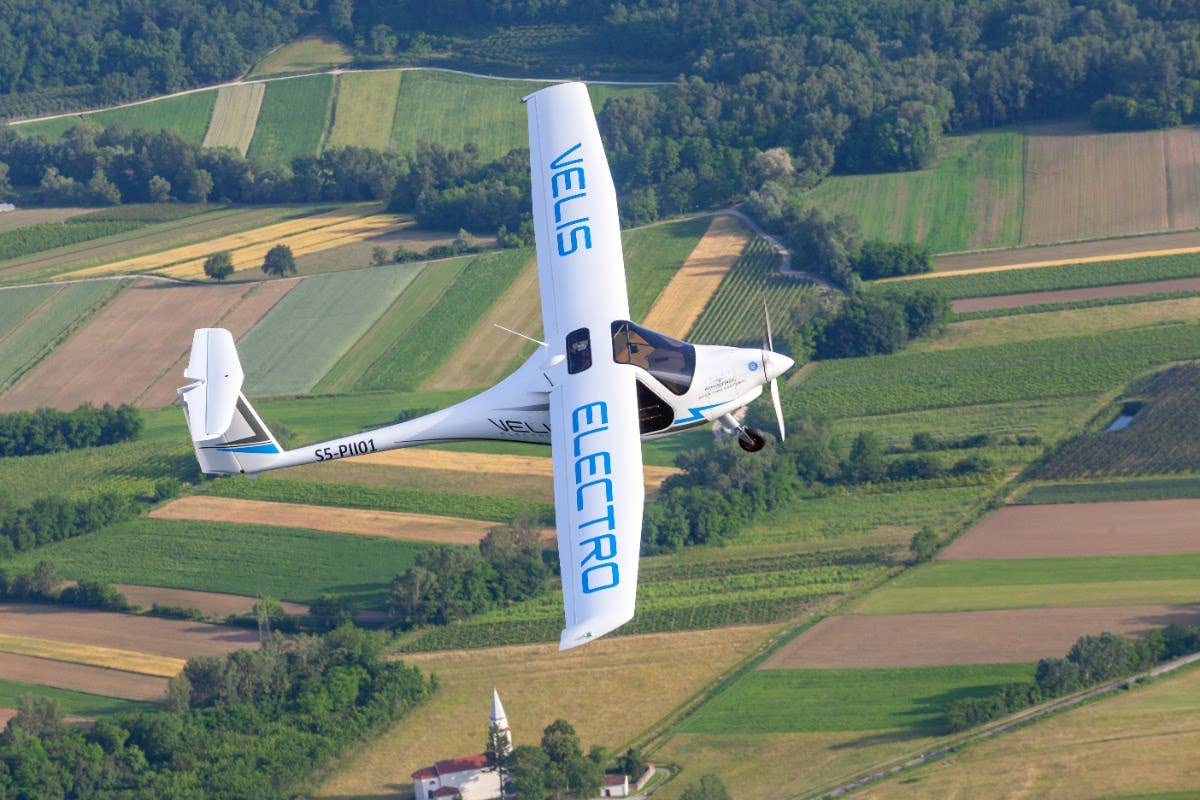
Pipistrel’s Velis Electro became the world’s first—and currently the only—electric aircraft to receive full type certification from the European Union Aviation Safety Agency (EASA) in 2020, and it earned its UK CAA TC in 2022. [Courtesy: Pipistrel]
Pipistrel Aircraft is advancing into the Canadian market with the first delivery of its all-electric Velis Electro.
The two-place, high-wing design is now part of the Waterloo Institute for Sustainable Aeronautics (WISA) at the University of Waterloo and its partner, Waterloo Wellington Flight Centre (WWFC). According to Pipistrel, the Velis Electro will be used for research and in "a collaborative capacity to evaluate battery powered electric flight in Canada."
“We are privileged to have the Waterloo Institute for Sustainable Aeronautics as our first Canadian customer for the Velis Electro," said Gabriel Massey, president and managing director at Pipistrel. "This delivery is not only an exciting milestone for Pipistrel and the global presence of the Velis Electro, but also represents a steppingstone for Canada’s strategic investments to promote a greener aerospace industry and economy.”
Pipistrel Aircraft, founded in 1989, is one of the first in the world to deliver training aircraft using electric propulsion technology. The company is also a leading manufacturer of gliders and light aircraft powered by both electric and combustion engines. Pipistrel produces electric and combustion models for the general aviation, defense, and advanced air mobility sectors.
About the Aircraft
The Pipistrel Velis Electro is a two-seat, fixed-wing aircraft that, according to the company, does not produce exhaust gasses and is relatively quiet, with noise levels of only 60 decibels. The Electro is a T-tail design and has a payload of 378 pounds, with a cruise speed of approximately 90 knots and a range of 108 nm.
According to Pipistrel, the Velis Electro is more economical and environmentally friendly than gas-powered aircraft, noting, "The Velis Electro’s operating costs are less than half those of traditional combustion trainers. When used for short-range flying, such as primary flight instruction or traffic pattern practice, this makes a substantial difference in training costs for pilots and could play a huge role in making aviation more accessible, a much-needed change in the context of a looming pilot shortage. The Velis Electro produces noise levels of only 60 decibels, meaning flight training could be brought to more locations without disturbing community residents. Emerging generations of pilots are looking to sustainable flying more and more, so we’re excited to be able to deliver a green trainer option that’s already on the market and can address these industry concerns now."
Pipistrel’s Velis Electro became the world’s first—and currently the only—electric aircraft to receive full type certification from the European Union Aviation Safety Agency (EASA) in 2020, and it earned its UK CAA TC in 2022. The company is working with Transport Canada as well as the FAA for airworthiness certification in Canada and the U.S. respectively.
Pipistrel, a subsidiary of Textron Inc. under Textron eAviation, is currently developing both hybrid and electric propulsion models.

Subscribe to Our Newsletter
Get the latest FLYING stories delivered directly to your inbox

